The Big Fish Eat the Little Fish... and Phytoplankton
Have you ever walked into an aquarium and gazed upon a scene that resembled the labratory of Dr Jackyl. Chances are it's phytoplankton being artificially cultured to feed coral, live rock or marine fish.
Phytoplanktons are at the very bottom of the food chain and are consumed firstly by zoo plankton right up to the largest of the world's mammals, the majestic blue whale. Without phytoplankton there would be no life in the oceans. They are too small to be individually seen with the naked eye. However, when present in high enough numbers, they can appear green in colour in the water due to the presence of chlorophyll within their cells. The actual colour can be many shades of green or may be red or yellow dependent on the species of phytoplankton present due to different levels of chlorophyll or the presence of other pigments they use during photosynthesis.
Phytoplanktons are the
wanderers of the sea, microscopic plant-like organisms that live in the worlds oceans. There are numerous species of phytoplankton, each of which has its own characteristic shape. Phytoplankton grows abundantly in oceans around the world, and they are the bottom of the food chain, big fish eat the little fish and eventually we humans catch and eat many of these larger fish. They are a super food, high in nutrients and reports show could be very beneficial to our diets when compared to processed foods that have little nutritional value.
Carbon Eater!
The suns energy is more abundant on the oceans surface so phytoplanktons live on or near the surface, but only for a day or two. They convert the power of the sun into energy to fuse water molecules and carbon-dioxide to create carbohydrates 'plant food'. Around 90% of the world's carbon content has settled on the bottom of the oceans, primarily as rotting biomass. So this microcosmic phytoplankton may be the foundation of the seas food chain but may also hold the secret to saving the planets climate.
Since phytoplankton survival depends upon certain conditions for growth, they are a good indicator of change in their environment. For this reason alone, and because they also exert a global-scale influence on climate, phytoplankton are generating a lot of interest with oceanographers and the scientific community around the world.
Phytoplankton can be cultured in artificial environments and pet and aquatic stores are now doing so as a fresh, natural and healthy food source for marine fish, live rock and corals.
So the next time you walk into an aquarium and see lots of green or vivid coloured bottles bubbling away under controlled conditions, stop and think for a moment. These little critters may one day either save or inherit the earth.

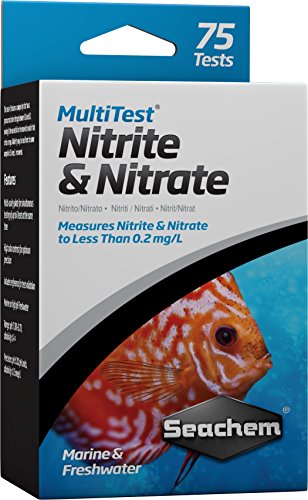 How to Reduce Nitrates in Fish Tank
You can always can find some nitrates in a typ
How to Reduce Nitrates in Fish Tank
You can always can find some nitrates in a typ
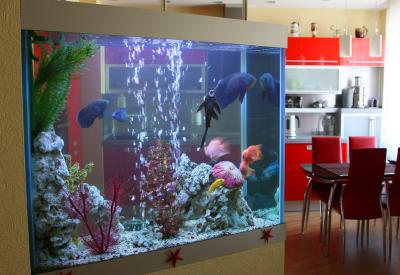 List of Aggressive Tropical Freshwater Fish
List of Aggressive Tropical Freshwater Fish
List of Aggressive Tropical Freshwater Fish
List of Aggressive Tropical Freshwater Fish
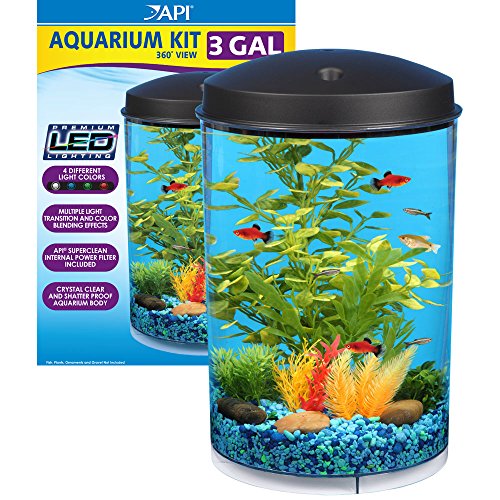 How to Not Kill your Fighting Fish
A little over a year ago, my
How to Not Kill your Fighting Fish
A little over a year ago, my
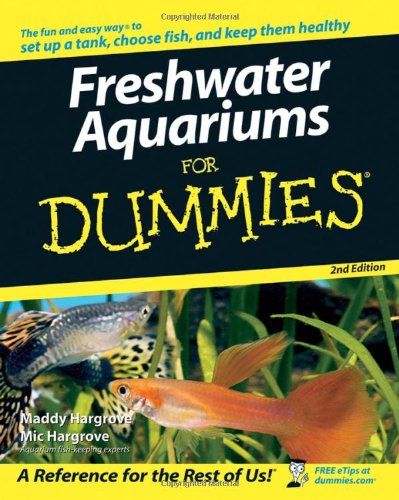 Advantages of a Freshwater Aquarium
Owning a freshwater aquarium
Advantages of a Freshwater Aquarium
Owning a freshwater aquarium
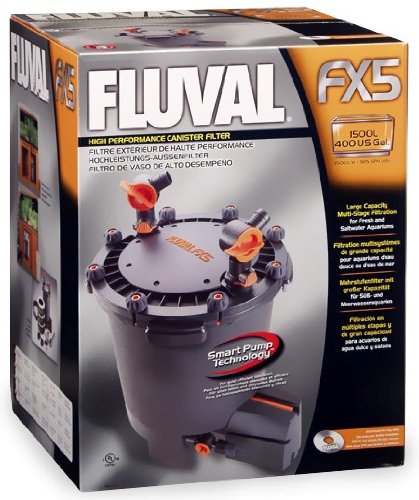 Fluval Aquarium Filters
Fluval Fish Tank Filters for Your AquariumIn t
Fluval Aquarium Filters
Fluval Fish Tank Filters for Your AquariumIn t